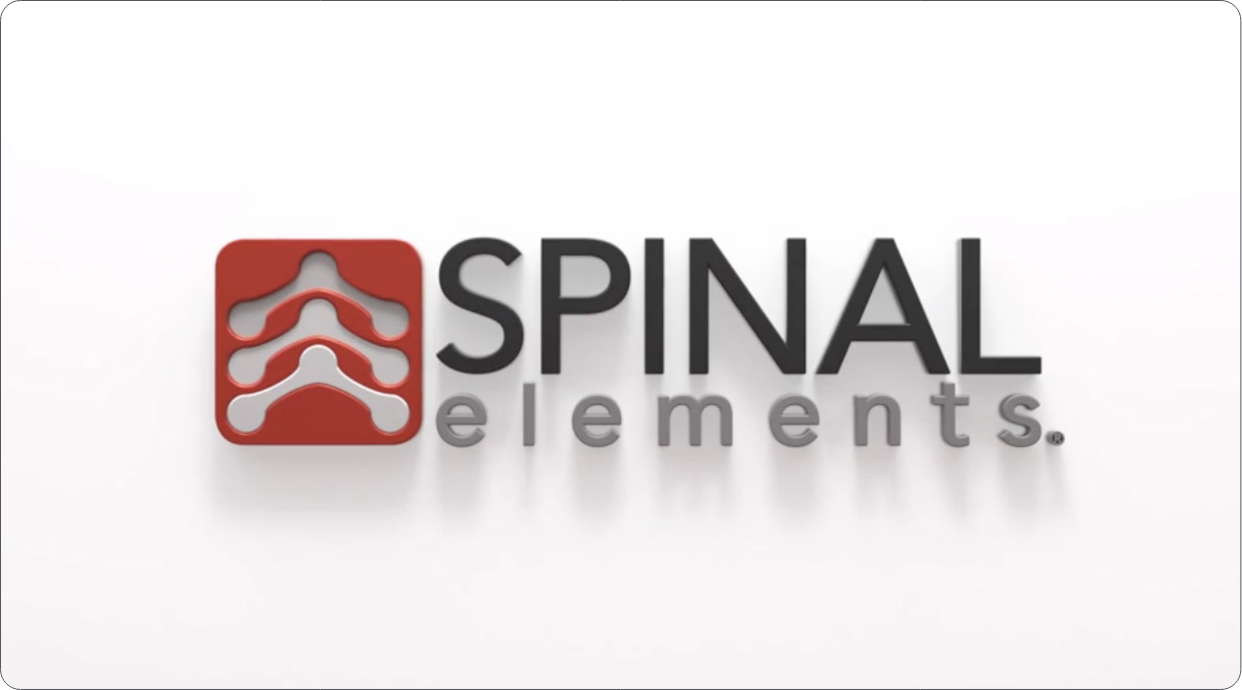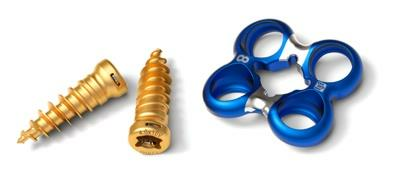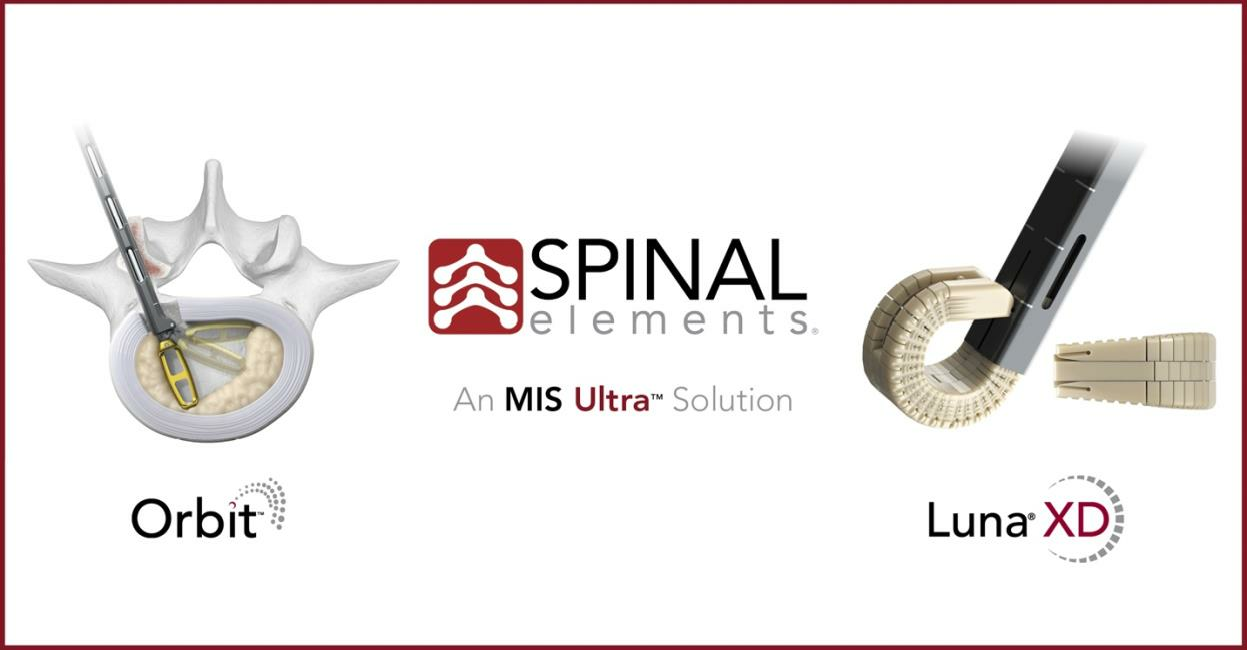CARLSBAD, CA – January 18, 2017 – Spinal Elements, a spine technology company, announced the publication of data obtained from a retrospective study involving the use of the company’s Magnum+ device used in anterior lumbar interbody fusion (ALIF). The Magnum+ devices in the study were Spinal Elements’ PEEK (poly-ether-ether-ketone) implants with the company’s proprietary Ti-Bond porous titanium coating. Results of this study were published in the International Journal of Spine Surgery in a paper titled: Arthrodesis Rate and Patient Reported Outcomes After Anterior Lumbar Interbody Fusion Utilizing a Plasma-Sprayed Titanium Coated PEEK Interbody Implant: A Retrospective, Observational Analysis. The study can be viewed at the following link: http://ijssurgery.com/10.14444/4004
Patients in the study demonstrated a 96% success rate with subjects achieving solid arthrodesis at an average of 7.3 ± 2.3 months. This represents an improvement over previously-published studies of standard PEEK interbody spacers where a 90.6% solid fusion rate was observed at 18 months. 2 There was significant improvement in 9-month post-operative VAS low back pain (4.5 ± 2.4 point improvement) and VAS leg pain (4.1 ± 3.3 point improvement). Additionally, there were no observations of implant subsidence. The absence of any observed subsidence with in this study compares favorably to reported subsidence rates of 16-25% with standard PEEK ALIF implantation.2,3,4 Furthermore, there was not a significant difference in VAS low back or leg pain improvement between groups when the data was stratified by gender, age, tobacco use, comorbidities, prior surgery, fusion construct length, use of supplemental posterior instrumentation, BMI, or diagnosis.
“I’ve been very pleased with my results using the Magnum+ device with Ti-Bond coating,” said Dr. Ramin Raiszadeh of the Spine Institute of San Diego. “This data quantifies the successes I’ve been experiencing clinically.”
Spinal Elements’ Ti-Bond coating is available on a host of products offered by the company including stand-alone ALIF and ACDF implants as well as PLIF and TLIF devices. Spinal Elements is introducing several new technologies over the coming months that incorporate TiBond including a novel MIS lateral system, expandable interbody devices that aid in the restoration of proper sagittal balance by expanding and lordosing, and an MIS interspinous process fixation device.
About Spinal Elements
Spinal Elements, headquartered in Carlsbad, CA, is a spine technology company for spine surgeons who demand innovative, extremely high quality surgical solutions. From the company’s early work which helped make PEEK commonplace throughout the spine industry to recent advancements in Ti-Bond® porous titanium coated PEEK interbody implants and controlled delivery technology, Spinal Elements has built a reputation for being trustworthy, innovative and different. The company is focused on the development and marketing of progressive spinal treatment options and markets a complete portfolio of advanced spinal implant technologies. Additionally, the company distributes Hero® Allograft, the net proceeds from which are donated to charities benefitting children with life-threatening medical conditions. For more information, please visit www.spinalelements.com. Follow us on Twitter @SpinalElements and on LinkedIn for continuous company updates.
- Sclafani J, Bergen S, Staples M, Liang K, Raiszadeh R. Arthrodesis Rate and Patient Reported Outcomes After Anterior Lumbar Interbody Fusion Utilizing a Plasma-Sprayed Titanium Coated PEEK Interbody Implant: A Retrospective, Observational Analysis. International Journal of Spine Surgery.
- Behrbalk E, Uri O, Parks RM, Musson R, Soh RCC, Boszczyk BM. Fusion and subsidence rate of stand alone anterior lumbar interbody fusion using PEEK cage with recombinant human bone morphogenetic protein-2. European Spine Journal 2013;22:2869-75.
- Carragee EJ, Hurwitz EL, Weiner BK. A critical review of recombinant human bone morphogenetic protein-2 trials in spinal surgery: emerging safety concerns and lessons learned. The Spine Journal 2011;11:471-91.
- Mroz TE, Wang JC, Hashimoto R, Norvell DC. Complications related to osteobiologics use in spine surgery: a systematic review. Spine 2010;35:S86-S104.
PRESS RELEASE MP PR ENO 0117
Media Contact: Laura Charlton (formerly Johnson)
laurajohnsonpr@yahoo.com 760.450.7749


